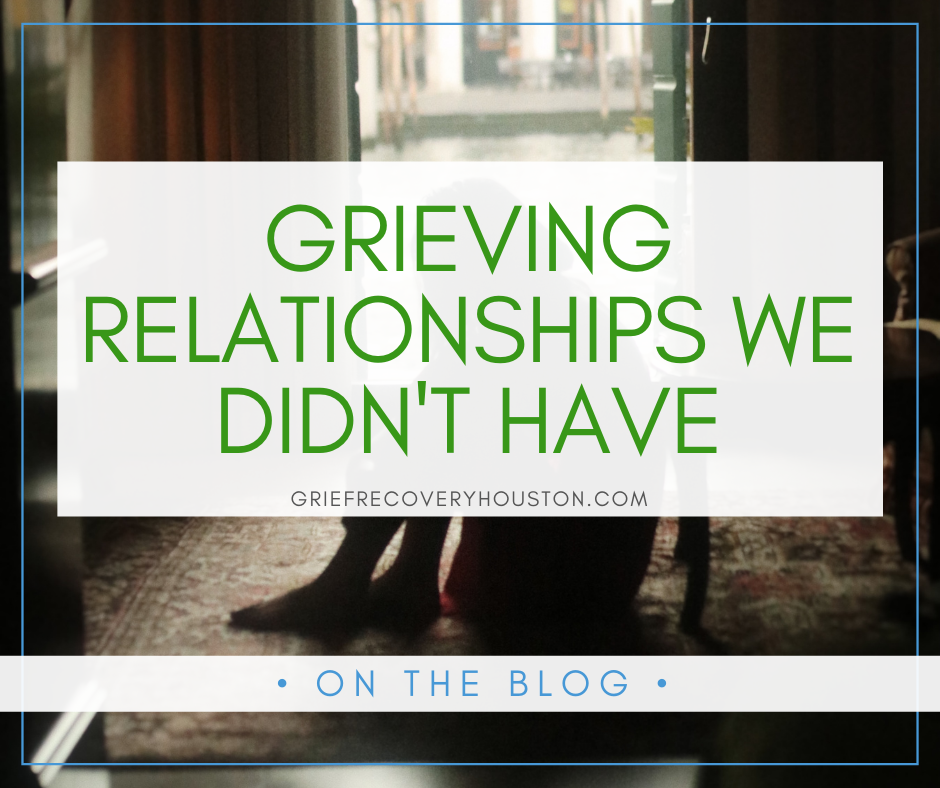- Unpacking Grief and Disability - July 8, 2024
- Breaking the Stigma: 5 Blogs to Better Understand Suicide - May 21, 2024
- 4 Tips for Better Sleep Hygiene - March 4, 2024
Grief is hard to deal with. It can even feel impossible to let ourselves feel it enough to express grief. And–as we’ve talked about on the blog before–there are a lot of causes for grief right now.
Grief is one of those tricky feelings that doesn’t feel good to acknowledge or express, but somehow feels worse when it gets ignored. Facing things we regret or that we miss or that we lost is not a fun thing to do. But bottling up those feelings is actually worse. They start to show up in other ways, things like frequent headaches or appetite changes or issues sleeping are all ways that unacknowledged feelings can show up in our body. It’s like the feeling (in this case, grief) was trying to get our attention, and when we decided to bottle it up, kick it under the bed and ignore it, it had to do something drastic to get us to listen.
We’ve talked about signs of incomplete grief here before, but they can include things like:
- Feeling like you’re stuck in an emotional rewind
- Increased irritability
- Always bracing yourself for the worst
- Feeling of numbness
- Increased self harming behaviors
 These are all signs that your grief needs acknowledgment and care.
These are all signs that your grief needs acknowledgment and care.
And finding ways to express our grief isn’t just about crisis prevention for our future selves. There are a lot of benefits that come with talking about grief; things like finding support, learning more about your own emotional processes, and lessening feelings of isolation.
But what if right now, talking about it with someone else is just too hard? How can you give your grief the care and attention it deserves while you wait to be ready to share with someone else?
Journal
If you’re ready to get your feelings out, but just aren’t ready to share them with someone else, then journaling about your grief is a wonderful way to release it instead of letting it fester. Journaling can also help you make sense of your own feelings, which might help you feel ready to talk about it with others when the time comes.
Write a Letter
What is it you’re grieving? Is there someone you miss? Write a letter to whoever or whatever it is that you have lost. It could be about why you miss them, how you’re feeling thinking about them, what you’ve wanted to share with them since losing them, etc. Or, why are you afraid to let yourself grieve? Write a letter to your grief. Tell it why you’re so afraid of it, what it’s been like for you in the past, how you hope it can help your healing, etc.
Other Artistic Expression
There are so many ways we can express our feelings without talking about them. If you’re a writer you can write poetry about how you’re feeling, or stories where characters have to grapple with their own grief–letting you explore your own through them. Or if you’re a musician you can write music about your grieving, or look to musicians you admire and see how their work deals with their own heavy feelings. If you’re a painter or other visual artist, how can your feelings translate into your art?

Do something that makes you feel close to what you’ve lost
If you’re mourning a friend, think about what made you feel closest to them. Maybe you would spend a lot of time sharing meals with this person. You could spend an afternoon cooking their favorite meal, or the meal you’d like to share with them. This can both acknowledge the pain of the loss, while honoring the joy you had with that person.
If you’re looking for more support during the grieving process and are ready to talk about it, our clinicians can help. Get in touch with our Houston counseling center today to learn about how we can help.






No comments yet.